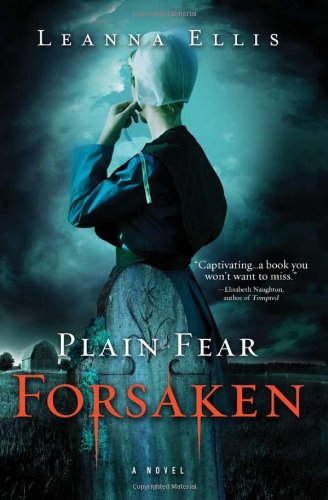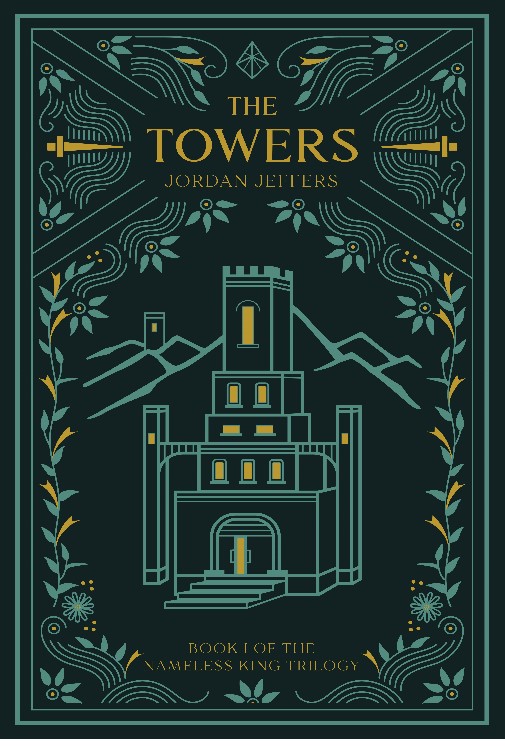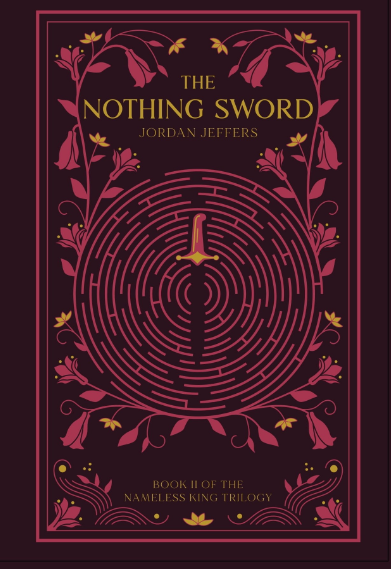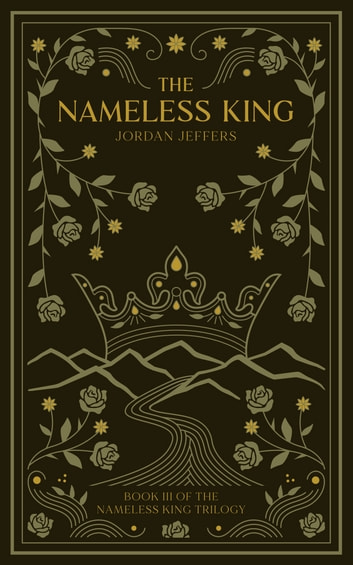Dear Mother,
As you know, since my last letter our Father in heaven and the State of Illinois have graciously allowed me to become a father. It's quite impossible, of course, to really describe the experience. There's just too much going on at once, too much spit and milk and sleep and stress to get a handle on it.
Somehow, though, I expect I'll be describing it for the rest of my life, in various ways. Because really that's how I deal with love, if you didn't know. If I love someone (God or my wife or my son or myself or you or whoever), I write about them. I put them in essays and fairy tales. I throw a handful of dust up in the air and make a quick sketch of whatever invisible powerful thing it clings to for a few inspired moments. Then I throw the dust up again and again, in story after story, word after word, until I can sort of see, with all the sketches together, the rough shape of that love.
Which is all just a way of saying that I adore the little guy, and his stupid little face. Living with him has made me notice a lot of things, about him and myself and life in general. You can consider this the first few lines of the sketch. There will be more someday.
He doesn't poop, he shoots poop
What is it about babies that causes their poop to come out so forcefully? Is it just my kid? It's like the little guy has a small howitzer in his butt, designed to fire out poop at 1000 feet per second.

actual picture of my son's colon...
It's hilarious and annoying. Hilarious because it's super loud, and loud pooping remains funny to me at this stage of my life. Annoying because regular diapers are not made to withstand that kind of point blank explosive fire, and that leads to a lot of poopy clothes.
And heaven help you if your hand gets caught in the cross-fire while you're changing him. You might lose a finger.
I have to clean a lot of stuff
See above. He's also really good at waiting for the exact perfect second to start peeing whenever I change his diaper, usually after we've just washed the changing pad cover. It makes me really want one of those hospital beds with the tear-off paper sheets.
I don't know what the color yellow looks like, apparently
Two things you're supposed to keep an eye on with a newborn.
1. The kid's poop, which is supposed to be yellow. Supposedly the yellow color means the kid is getting enough to eat.
2. The kid's skin, which is not supposed to be yellow. Supposedly the yellow color means the poop is being stored in the kid's skin instead of properly exploding out of the colon cannon. Or something like that.
Either way, I have no confidence in myself to know if what I'm seeing is yellow or not. It all looks sort of orangish-yellowish-brownish-greenish-whitish to me, and his poop looks even weirder. The kid keeps getting fatter though, so I'm pretty sure everything checks out okay.
He's like a good painting
In the sense that I could basically just stare at him forever. It's really difficult to be bored when you have a baby. He messes with your sense of perception too. I remember the first time I got out of a really good art museum, looking up at the sky and feeling like it was painted on canvas. Staring at a baby for a long time does something similar, except everything looks enormous instead of painted. My wife's head has never looked so big. I swear that is not an insult.
He's bad at breathing
Really, really bad, to the point where you feel like you have to check to make sure he's alive every ten minutes. Either he's super quiet, and you can't hear him at all. Or he's super loud, and he sounds like he just finished a half-marathon with viral pneumonia.
He occasionally sounds like a tauntaun
Or he sounds like a tauntaun. If you don't know what that is, it's a giant, smelly ice creature from the planet Hoth which appears in Empire Strikes Back. Han Solo cuts one open and shoves Luke into its intestines to keep him warm. Anyway, my son sounds like one. Listen.
You really just have to hold him to be warm though.
Lights are most excellent
When he can focus his eyes at all (which isn't often), mostly he just stares at lights. The lamp, the window, that other lamp over there. Supposedly that's all babies can really see at this point, light and dark contrasts. I tried putting a headlamp on and shining it in his face on strobe setting to get him to look at me, but he just sort of blinked a lot and got upset.
Cold hands are the devil's work
He always screams and cries whenever I touch him with cold hands.
No wait, that's my wife. Forget that one.
He loves Lord of the Rings
How do I know? Because no matter how loudly he's crying or how upset he is, all I have to do is sing this song.
And he will stop and listen. More than anything, this is how I know he is my son.
Kissing a baby on the lips is hilarious
He just has no idea what to do with it. Sometimes he'll try to suck on your lip, and sometimes he'll burp on your face, and sometimes he'll get distracted by a lamp. Once I kissed him on the lips a bunch while he was screaming and crying, and he got so confused that he just gave up and fell asleep. Just like I do when I try to watch cricket.
You love me way more than I thought you did
I've always known that you loved me, of course, what with all the care and hugs and lessons and service and other parenting deeds. About a week in, I was sitting in the living room with the little chub laying on my chest, and my heart really, really hurt with how much love was in it. And then I sort of remembered how you must have felt the same way at some point, when your kids were born.
So really this letter is just to thank you for that, for loving me so much. I don't deserve it, and neither does my son. That's what makes it real love, I guess.
Your son,
Jordan
Jordan Jeffers writes letters to his mother on the Internet because stamps are a form of witchcraft.













